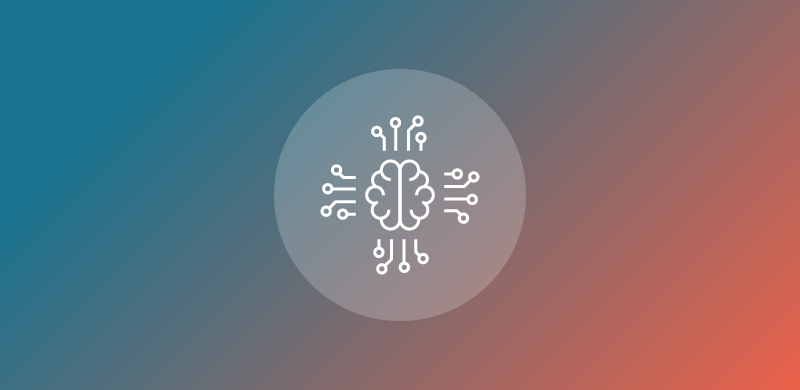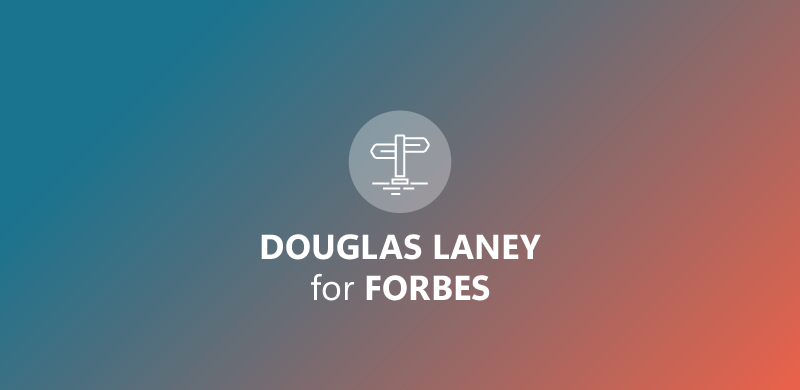Jan Zawadzki is not only Head of AI at CARIAD, Volkswagen Group’s central software development department, but also part of the DATA festival Committee. In the podcast of Alexander Thamm, CEO and founder of DATA festival, “Back to the Future of AI I EP. 3”, he talks about how the automotive industry has changed in recent years as well as the general AI development in the world.
“The question is no longer whether we need AI, but where do we currently need it most or fastest.”
Jan’s career started with his studies in Business Administration in the US. Already during his studies, he worked with data and realized that he enjoyed it. That’s why he became a consultant at EY in the field of data analytics. Because he wanted to learn more about the technical side, he went on to study Computer Science and worked for Scout24. After that, when he landed at CARIAD, it was clear to everyone that a good AI strategy was needed for the future. He has been actively working in this field for more than five years now and loves each of the challenges.
CARIAD manufactures automotive software and is part of the Volkswagen Group. For the Group, the next logical step was the centralization of the development work. “It was understood how much value-add data provides and how much value-add lies in the development of custom functions,” said Jan during the interview.
How the automotive industry has changed in recent years
The automotive industry has been transformed by customer expectations. For Jan and his team, it’s important to be driven by customer needs, while also incorporating the data they’ve already collected. “Just because you can do something doesn’t mean you have to do it. It’s more about what the customer wants.” CARIAD has already successfully rolled out updates “over the air”, demonstrating how flexible and agile this industry can become.
Whereas in the past automotive function development could take up to nine years from innovation to series development, today the process is shortened by external influences and pressure. “We need to be able to respond in a more flexible, agile, and customer-centric way” says Jan, and this motivates him in his daily work.
Automotive development works differently than normal AI development
“Our development focuses on developing AI-based applications safely for our customers, so it has to be structured differently.” There needs to be a clear set of rules on how the data is collected and also subsequently processed. The tooling needs to be certifiable to ensure that it does exactly what it is supposed to do. In addition, it needs good monitoring. “It’s not like we develop an AI application and then don’t touch it for ten years.” One of the highest requirements of CARIAD is credibility. “We need to be able to trace data during the development work and after deployment.”
To ensure this standard, Jan explains that CARIAD focuses on employing top AI talent and innovating in this area. They proceed in two steps. The first is developing a safe and auditable AI development process that governs the entire AI-development workflow. The second step is the development of a custom software development kit which supports the AI teams to develop robust and more interpretable neural networks.
Jan also supports the entire VW Group in its digitalization transformation. “Our goal is to bring the footprint of AI to all areas in the Group.”
“My goal is to also digitize and advance medium-sized businesses and the german industry”
When asked by Alexander how Jan sees the current situation of Europe compared to other countries with AI development, Jan is positive. He sees a competitive advantage in the European mindset, which focuses more on the value of safety and sustainability compared to other countries. “My goal is to digitize and advance the mid-market and industry as well. We must find ways to do more even with small data sets. This is exactly where I see our strengths and competencies in Europe.”
As an approach, he believes it is important to lower the user threshold with AI so that more companies engage with it. “By making AI easier to use and I don’t necessarily mean just no-code or low-code. The question is how do we abstract it so it’s easy for smaller companies?”
One keyword that Jan brings up in this context is data democratization.
Community events such as DATA festival and other gatherings drive AI use
Jan has already been to several DATA festival events and knows how helpful the exchange with like-minded people can be. “Start talking and exchanging ideas with the experts/people on site. Because in conversations, you can already find many starting points for possible automation processes and deployments with AI.” For starters, he says it’s also exciting to work with open-source tools.
Instead of pondering the AI issue too much, companies should start it more quickly. “I want us in Europe to focus on our strengths!” Because instead of devaluing itself for not being the fastest, Europe is known for its safe and sustainable solutions, which are also highly appreciated by other countries. “We have top academics and many hidden champions and SME’s, and a strong industrial footprint. That’s a big advantage of Europe.” According to Jan, Europe can take brave steps to do even more in the future to make the AI world a bit better, fairer, and safer.
You can find the complete Podcast Interview with more info in German here:

Mit dem Laden des Videos akzeptieren Sie die Datenschutzerklärung von YouTube.
Mehr erfahren









